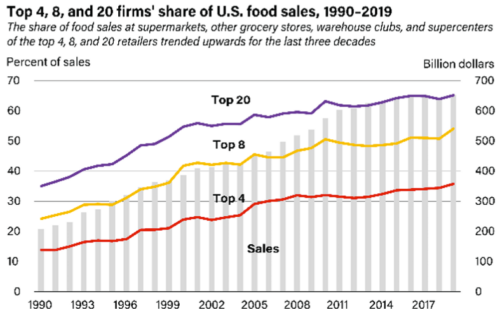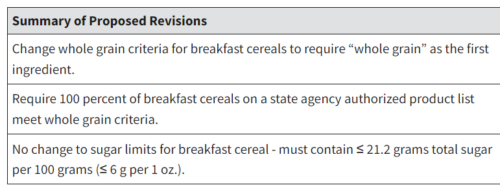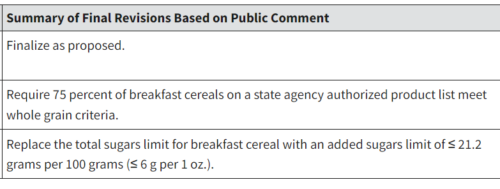American Diabetes Association: conflicted interests
Thanks to everyone who flooded my mailbox with this piece from The Guardian: She was fired after not endorsing Splenda-filled salads to people with diabetes. Why?
According to a lawsuit {Elizabeth] Hanna recently filed against the ADA, the organization – which endorses recipes and food plans on its websiteand on the websites of “partner” food brands – tried to get her to greenlight recipes that she believedflew in the face of the ADA’s mission. These included recipes like a “cucumber and onion salad” made with a third of a cup of Splenda granulated artificial sweetener, “autumnal sheet-pan veggies” with a quarter cup of Splenda monk fruit sweetener and a “cranberry almond spinach salad” with a quarter cup of Splenda monkfruit sweetener.
Guess which company gave more than $1m to the ADA in 2022? Splenda.
I also was sent an email from Georgia Warren, the Guardian’s Interim membership editor: The link between investigative reporting, some nightmarish recipes and the diabetes epidemic.
Why would a public health charity promote a product that its own science shows contributes to the disease it is fighting? Well, as Neil Barsky reported for us this week, the ADA took more than $1m from Splenda in 2022 – and then fired their chief nutritionist when, according to a lawsuit she recently filed, she refused to sign-off on the Splenda-based recipes that her bosses wanted the ADA to publicly endorse.
Neil – creator of our new series ‘Death by diabetes: America’s preventable epidemic’ – told me…“The ADA has bought into a system that requires them to raise money from corporations to fund their research. I don’t for a second doubt that every single person who works there cares about people with diabetes and wants to do the right thing, but being beholden to these groups distorts your judgment.”
..And what else is pharma funding? The ADA. The organization – whose guidance doctors rely on when treating their diabetes patients – boasts a $100m annual budget. Between 2017 and 2024, pharmaceutical and device manufacturers contributed over $134m to the organization – or roughly 20% of its total funding.
Comment: The ADA has long appeared to be in thrall the the drug industry. I well remember the talk I gave at one of its annual conventions years ago. I was one of two speakers about diet and diabetes (the other was a session on the role of sugar in diabetes sponsored by Coca-Cola—truly you can’t make this stuff up). The other talks, hundreds of them, were about drugs. At that time, the ADA said virtually nothing about diet on its website.
It’s gotten much better. Here’s what it says about carbohydrates:
- Try to eat less of these: refined, highly processed carbohydrate foods and those with added sugar. These include sugary drinks like soda, sweet tea and juice, refined grains like white bread, white rice and sugary cereal, and sweets and snack foods like cake, cookies, candy and chips.
And here’s what the ADA says about artificial sweeteners:
It’s also important to know that at this time, there is no clear evidence to suggest that using sugar substitutes will help with managing blood sugar or weight or improving cardiometabolic health in the long run. So here’s the bottom line:
- Sugar substitutes are effective alternatives to sugar for some people, but not a perfect fit for all—it’s a personal choice.
- If you’re looking to reduce your intake of sugar or sugar substitutes, start slowly. For example, start by replacing one soda or juice with water or a no-calorie drink at a time.
- Water will always be a great choice! If you start feeling yourself get bored with just water, you can always spruce it up with fruits or herbs like this sparkling strawberry mint infused water.
And, finally for now, here are the ADA’s corporate sponsors, and its national sponsors.
Conflicted? Sure looks like it.





